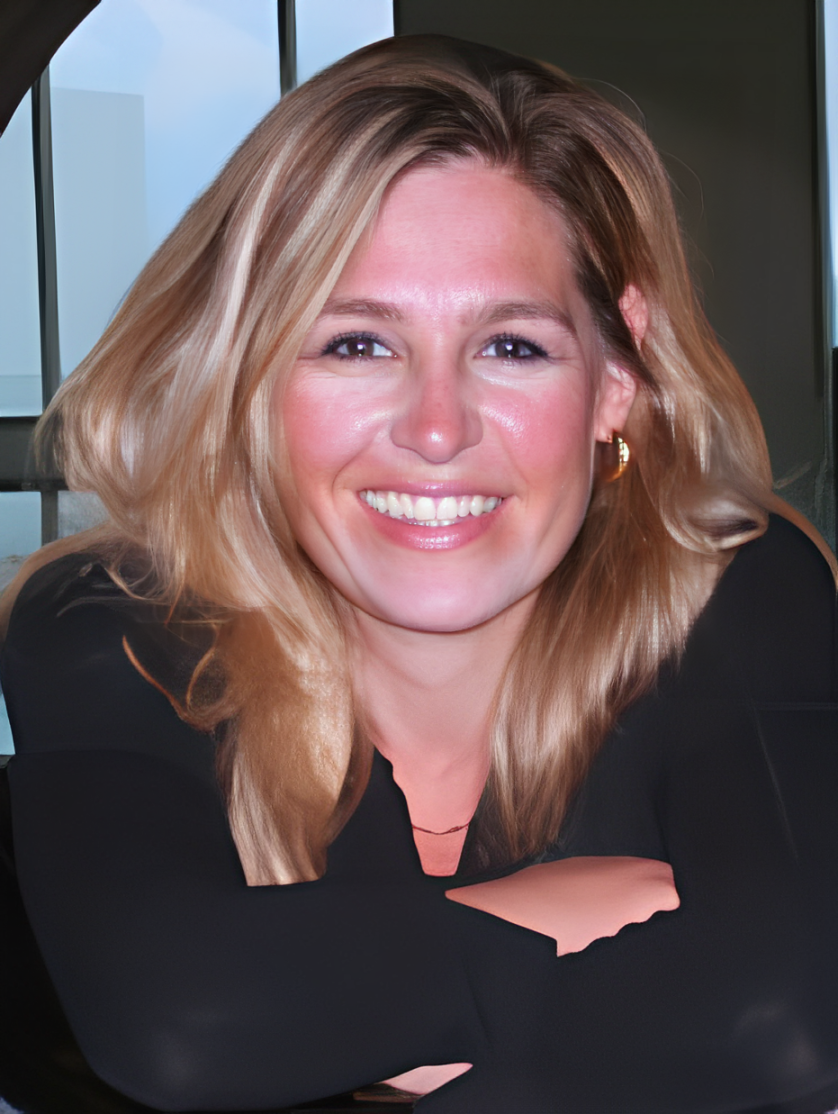Donna E. Maziak1, Jin Ye Yeo2
1Surgical Oncology, Division of Thoracic Surgery, Ottawa Hospital-General Division, University of Ottawa, Ottawa, ON, Canada; 2CCTS Editorial Office, AME Publishing Company
Correspondence to: Jin Ye Yeo. CCTS Editorial Office, AME Publishing Company. Email: ccts@amegroups.com
This interview can be cited as: Maziak DE, Yeo JY. Meeting the Editorial Board Member of CCTS: Prof. Donna E. Maziak. Curr Chall Thorac Surg. 2025. Available from: https://ccts.amegroups.org/post/view/meeting-the-editorial-board-member-of-ccts-prof-donna-e-maziak.
Expert introduction
Prof. Donna E. Maziak (Figure 1) graduated from medical school at McGill University and went to the University of Toronto for her residencies in General Surgery and Thoracic Surgery. She worked for 2 years at Toronto General Hospital and completed her master’s in Clinical Epidemiology at McMaster University. She then was recruited to Ottawa at the Ottawa Hospital, General campus, where she is now a full Professor and co-director of the Communities of Practice for Lung and Esophageal/Gastric in the Champlain LHIN and the surgical lead for Cancer Transformation at TOH. She has cross-appointments at the University of Ottawa in the departments of Clinical Epidemiology and the Telfer School of Business. She sits on the Cancer Care Ontario (CCO) Practice Guidelines committee for thoracic malignancies, as well as other various committees at CCO, including the surgical lead for the pilot study for lung cancer screening at the Ottawa Hospital. She is a past president of the Canadian Association of Thoracic Surgeons and past Chair of the Thoracic Specialty Committee at the Royal College of Physicians and Surgeons of Canada. She is the current Thoracic Lead for the province of Ontario, Ontario Health Network.

Figure 1 Prof. Donna E. Maziak
Interview
CCTS: What inspired you to pursue a career in thoracic surgery?
Prof. Maziak: I was drawn to thoracic surgery in my first year of general surgery residency when I was rotating through thoracic in Toronto with Drs. Pearson, Ginsberg, and Patterson. Their dedication, talents, and knowledge were overwhelming and captivating, catapulting my career choice. I was drawn to the physiology, oncology, care, and patients I was exposed to.
CCTS: Your background includes a master’s in Clinical Epidemiology. How has this training influenced your approach to research and patient care?
Prof. Maziak: The master’s degree really opened my mind to research, methods, and the pitfalls. It is especially important when you are just starting out in your research and practice. It allows you to have credibility and connections that help you get started and be successful.
CCTS: As the Professor and co-director of the Communities of Practice for Lung and Esophageal/Gastric, what strategies have you implemented to improve patient outcomes?
Prof. Maziak: I think the biggest accomplishment is the establishment of a Diagnostic Assessment Center—like one-stop shopping. It allows physicians to refer patients with presumed lung, mediastinal, and esophageal cancers to be referred and then work up timely for their malignancies. They are then referred to stage-appropriate physicians for treatment. We even partnered with the radiologists in our region who are reporting the Chest computed tomography (CT) scans to help the referring physicians as to what to do with the findings by stating to refer to the center providing the fax number for the referral! Obviously, this may not be able to be done in every health care system/structure.
CCTS: As part of the Cancer Care Ontario Practice Guidelines Committee, how do you and your team ensure that clinical guidelines remain relevant and evidence-based?
Prof. Maziak: The practice guidelines committee is a well-oiled machine that ensures review and timely updates of existing ones and awareness of existing guidelines that need endorsement. They maintain high levels of scientific quality and approaches to creating guidelines. The clinicians help ensure we stay on the cutting edge of questions and care of patients, and the committee enforces the process and quality of the production.
CCTS: You are the surgical lead of the lung cancer screening pilot study at the Ottawa Hospital. Could you highlight some of the key findings or challenges?
Prof. Maziak: Patients are very willing to participate and quit smoking but did not want to travel for their CT scan of the chest. The hub-and-spoke model of care was best with the CT scanners close to their home. A lot of these patients do not drive or have the money to go to major centers for the chest scan. Even better would be portable traveling CT scanners that exist in other countries. We had difficulty recruiting our indigenous population, and this may have helped.
CCTS: In your opinion, what are the most pressing research questions in thoracic oncology today, particularly in lung and esophageal cancer?
Prof. Maziak: The expansion of targeted and immunotherapy in the lung has exploded with a profound effect on survival. Hopefully, we will see this mirrored in esophageal cancer as well.
CCTS: How has your experience been as an Editorial Board Member of CCTS?
Prof. Maziak: Very interesting. The people you encounter are all highly intelligent, and knowledgeable in their fields. I learned a lot more than I thought I would. The most difficult hurdle is the time restraints we all have and ensuring the project is completed timely.
CCTS: As an Editorial Board Member of CCTS, what are your expectations and aspirations for the journal?
Prof. Maziak: I wish them continued growth and expansion.
